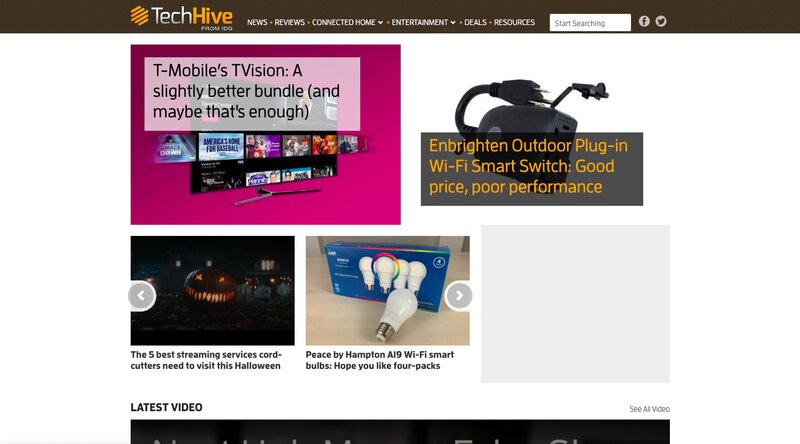
The health industry is experiencing a shift, according to the new health consumer report. The report shows that only 13% say they trust their doctors to help them with their health issues. This low level of confidence is not good for the industry. In addition, today's consumers have become comfortable using digital versions of traditional in-person services, such as remote monitoring and virtual checkups. So, nearly three-quarters (75%) of people now manage their health care.
Trust is tied to certain, desirable consumer behavior
In recent years, the relationship between consumers and health companies has changed drastically. This report explores changing consumer opinions and experiences in healthcare and healthcare. It shows that trust is linked to certain desirable consumer behaviors. The report also reveals that trust is essential for the success of any health company.
Salesforce's recent research found that people are more likely than ever to share non-medical data if they feel they can trust the company. This holds true whether you are a healthcare provider, a medical technology company, or a pharmaceutical organization. Consumers who trust a healthcare provider are also more likely to be interested in using their services.

McKinsey also identified certain consumer behaviors that were associated with high trustworthiness. Many consumers have tried new brands over the past year, according to US consumer surveys. They also changed their health expectations and moved from out-of–home activities to online involvement.
Consumers will experience positive outcomes in their health when they build trust
Building trust between consumers and health care providers is associated with more favorable health behavior, better subjective health outcomes, and higher satisfaction. Trust-building measures are cost-effective, and can be implemented in clinic care. Next is to study the mechanisms that support trust and improve health outcomes.
Trust-building strategies include transparency, accountability, and personal involvement. Patients value a doctor they trust and can talk to about their personal health concerns. Patient-doctor relationships can be built by doctors who are open and honest about any medical issues. This can increase the patient's willingness and ability to accept unexpected or difficult medical news.
Healthcare providers must build trust with their patients and be open to the possibility of expressing their willingness to act in their best interests. Trustworthiness is essential in this endeavor. However, this process can be difficult, especially in the healthcare industry. Start by learning the basics, then move on to building from there.

Building trust results in better patient centricity
Building trust with health professionals is associated with better health outcomes, but the relationship varies considerably, depending on the outcome dimension used. The association between trust levels and subjective outcome scores is weaker in high-quality studies. The majority of studies were conducted with participants who had multiple complaints or chronic conditions. Treatment was for 1.7 months.
Patient centricity is an essential component of biopharmaceutical research and disease management. This means understanding patients' conditions and experiences, and delivering products and services that are useful for them. Although patient centricity is not a standard, several initiatives have been undertaken to define it.
Building trust requires interaction with patients during patient visits and follow-up afterward. Nearly 30 percent of patients said they had failed to take prescribed medication in a recent study. This could be due either to financial limitations or cost. A follow-up procedure can be implemented to ensure that patients take their medications as prescribed and follow their aftercare plan. This is especially important for chronic conditions.